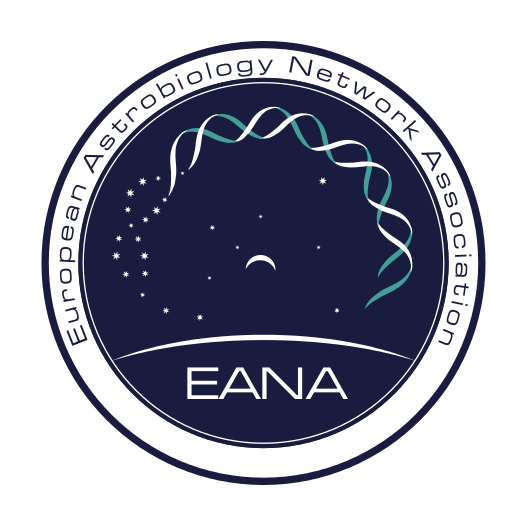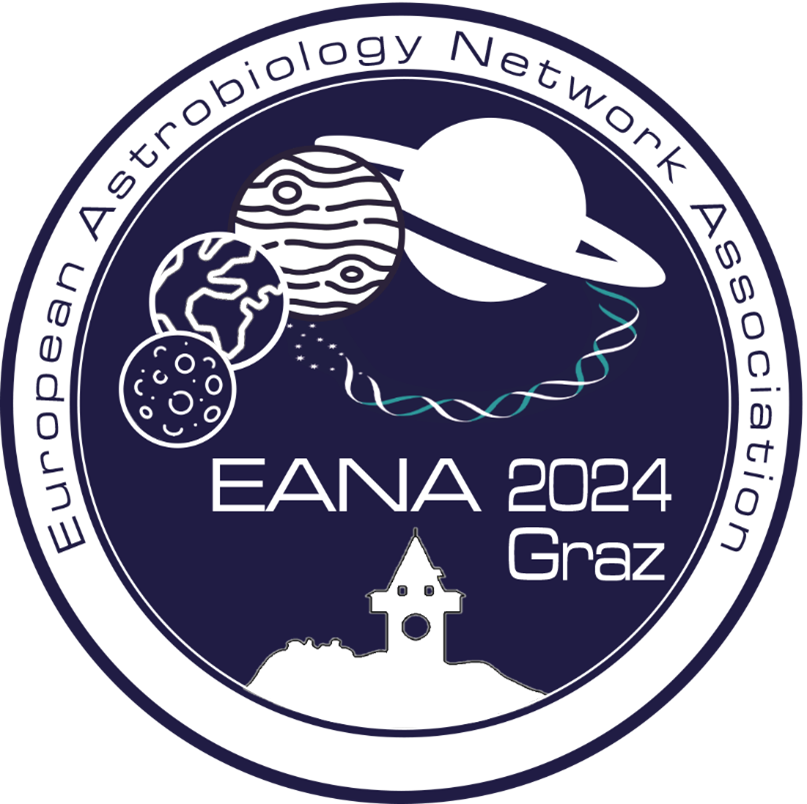 |
Abstract EANA2024-111 |

|
Exploring the volatilomic and metabolomic signatures of the Makgadikgadi salt pans (Botswana) - Implications for Astrobiology
The Makgadikgadi Basin (MB), Botswana, is the relict of a mega-lake system, known as Lake Palaeo-Makgadikgadi (Schmidt et al 2023; Franchi et al 2022). Today, the MB exhibits a system of ephemeral lakes (playa or pan) with low mean annual rainfall (~300mm/yr). Cyclically rainy and dry seasons contribute to the formation of brines, then deposition of evaporitic minerals and clays on the pan floor (Schmidt et al 2023). Evaporitic deposits prove useful as sites for investigating both ancient and modern life in saline conditions. Hypersaline environments like the MB can host a wealth of microbial diversity but remain mostly unexplored (McGenity & Oren 2012). By investigating sediments and biofilms in the MB with volatilomic, metabolomic, and metagenomic techniques (adding profiles to geological data already collected) it enhances our understanding of the processes and potential putative biosignatures in this type of environment. Using Thermal Desorption (TD) tubes samples of headspace from sediments and biofilms were collected in the MB. These tubes were processed using TD-Gas Chromatography-Mass Spectrometry (GC-MS) and TD-GC-time of flight (ToF) MS. Samples of sediment and biofilms were also collected for metagenomic analysis (awaiting results) and metabolomics (using a GC-QToF-MS). Preliminary analysis demonstrated that a diverse range of volatilomic and metabolomic compounds were produced, some of which were statistically different between the sediment and the microbial mats. Investigating this hypersaline environment offers us a baseline of volatilomic and metabolomic data that can be used to predict microbial interactions with the local geochemistry. This helps the understanding of the production and modification of potential biosignatures and can inform us on how they may influence similar environments on other planetary bodies and later be compared to mission data.
